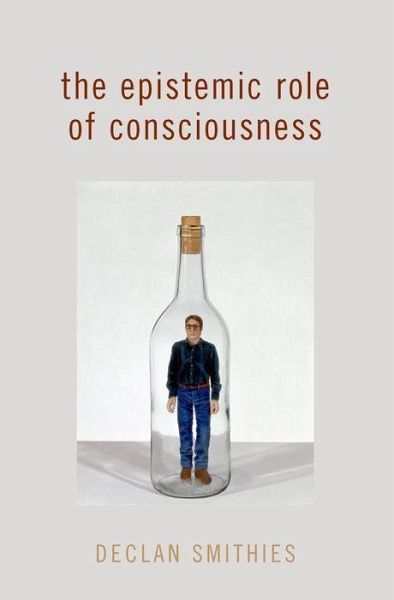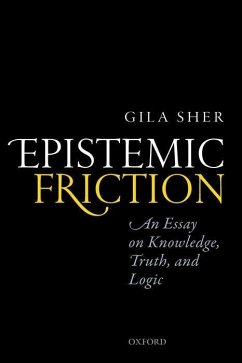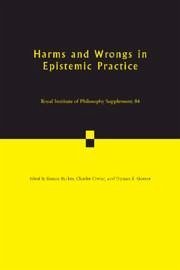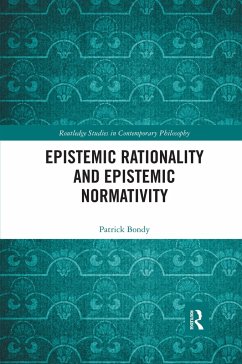
The Epistemic Role of Consciousness
Versandkostenfrei!
Versandfertig in über 4 Wochen
36,99 €
inkl. MwSt.
Weitere Ausgaben:

PAYBACK Punkte
18 °P sammeln!
In this volume, Declan Smithies argues that consciousness has unique epistemic significance in the sense that only conscious creatures have epistemic justification to know anything about the world. In other words, all epistemic justification depends ultimately on consciousness.













